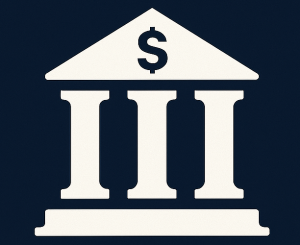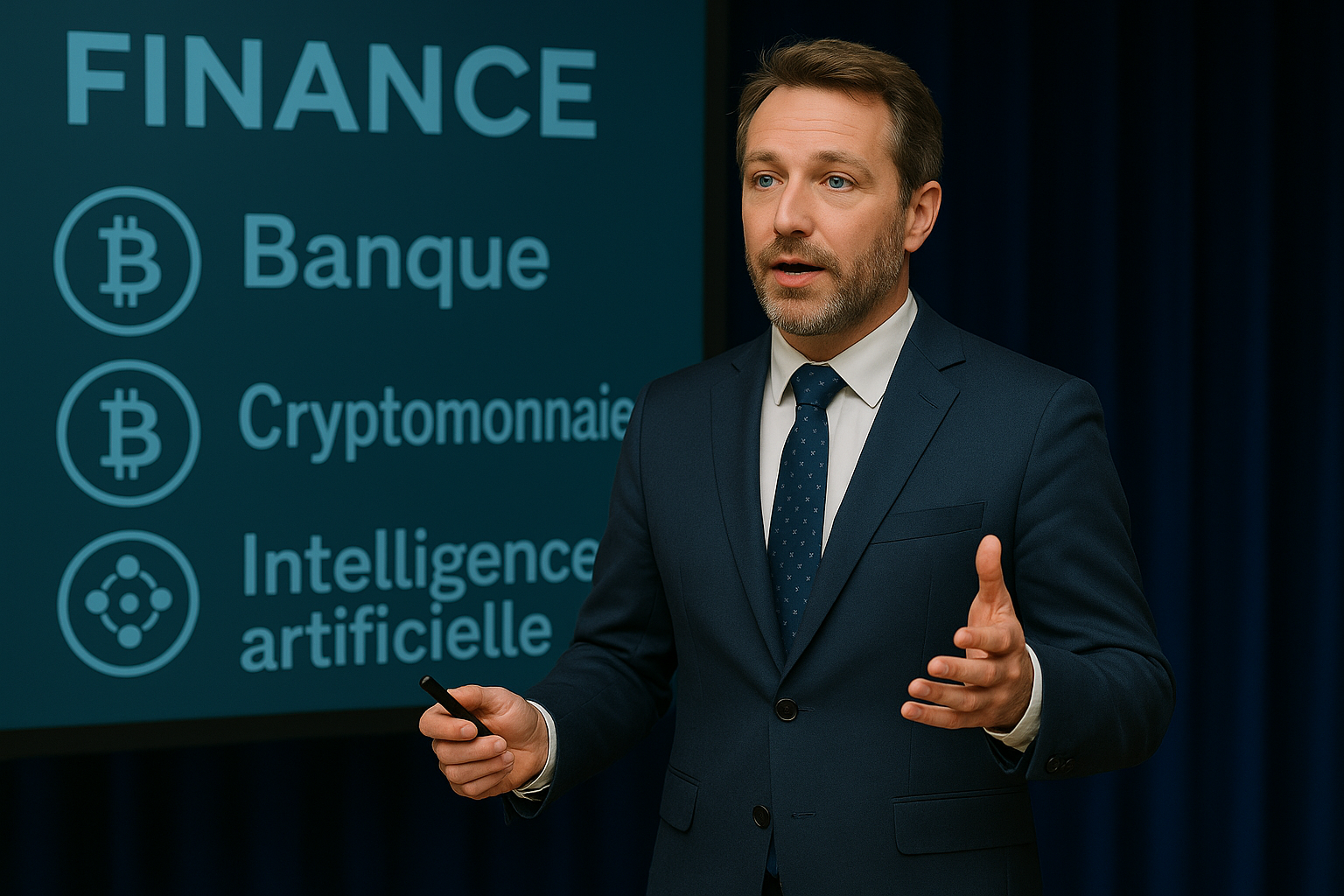AI Eating Jobs? Surviving the Digital Economy in 2024
The AI Jobpocalypse: Real Threat or Overblown Hype?
Okay, honestly, are we all just a little bit freaked out about AI right now? I mean, it feels like every other headline is screaming about how AI is going to “disrupt” this and “revolutionize” that. And, let’s be real, “disrupt” and “revolutionize” are usually code words for “your job might be toast.” I’ve been trying to keep up with all the developments, and it’s honestly overwhelming. One minute I’m feeling optimistic about the possibilities, the next I’m picturing robots taking over the world. It’s kind of a rollercoaster.
What’s really getting to me is the uncertainty. You hear stories about AI writing better marketing copy than seasoned professionals, or AI generating stunning artwork in seconds. And then you start thinking about your own skillset and wondering if it’s…replaceable. Was I the only one confused by this? I remember last year, I was so proud of landing this freelance writing gig. Now, I’m wondering if a bot could do it better, faster, and cheaper. Ugh, what a mess! The thought makes me sick to my stomach.
It’s easy to dismiss it all as hype, you know? But the reality is, AI *is* changing things. The question is, how much and how fast? And more importantly, what can we do about it? Do we just throw our hands up in despair, or are there skills we can learn, strategies we can adopt, to not just survive, but thrive in this new AI-powered world? This is what keeps me up at night now. I used to be afraid of the dark. Now I’m afraid of algorithms! Who even knows what’s next?
Skills That Survive: What’s AI-Proof in 2024?
So, if some jobs are on the chopping block, what skills are going to be worth their weight in gold? Well, according to pretty much everyone I’ve been reading (and trust me, I’ve been doing a lot of reading!), it’s the uniquely human skills that are going to be the most valuable. We’re talking about things like critical thinking, creativity, emotional intelligence, and complex problem-solving. You know, the stuff that machines just aren’t very good at (yet!).
I think one of the biggest things is the ability to adapt and learn. I mean, the technology landscape is changing so rapidly, it’s insane! If you’re not willing to continuously update your skills and embrace new tools, you’re going to get left behind. It’s like trying to navigate a highway with a map from the 1950s. Good luck with that!
I was talking to my friend Sarah the other day, and she’s a project manager. She was worried about AI taking over her job, but she’s actually been leveraging AI tools to automate some of the more tedious tasks, like scheduling meetings and generating reports. This frees her up to focus on the more strategic aspects of her role, like building relationships with clients and resolving complex issues. And honestly, that sounds like the right strategy for all of us. Find a way to make AI work *for* you, not against you.
Industries in the Crosshairs: Which Sectors Are Most Vulnerable?
Okay, so we know some skills are safer than others. But what about entire industries? Are there certain sectors that are more likely to be “AI-ed” out of existence? Unfortunately, the answer is probably yes. Anything that involves repetitive tasks or data processing is particularly vulnerable. Think about things like data entry, customer service (especially the really basic stuff), and even some aspects of accounting and finance.
I’m not saying these jobs are going to disappear completely overnight, but they’re definitely going to be transformed. And that means a lot of people are going to need to retrain or find new career paths. That’s a scary thought, right? I mean, changing careers is never easy, especially when you’re older and have bills to pay.
But honestly, it’s not all doom and gloom. There are also plenty of industries that are likely to benefit from AI. Healthcare, for example, is expected to see huge advancements in areas like diagnostics and personalized medicine. And the demand for AI specialists themselves – data scientists, machine learning engineers, AI ethicists – is only going to grow. The funny thing is, even as some jobs are lost, new ones will be created, but it doesn’t make the fear any less real now.
The Golden Skills: Adaptability, Creativity, and Emotional Intelligence
Let’s drill down on those “golden skills” a bit more, shall we? Adaptability, creativity, and emotional intelligence are all incredibly important in a world where machines can automate so many tasks. These are the things that make us human and set us apart from robots.
Adaptability is all about being able to embrace change and learn new things quickly. It’s about being comfortable with uncertainty and willing to experiment. And let’s face it, the future is pretty uncertain right now! The best thing we can do is be prepared to pivot when necessary.
Creativity is another skill that’s hard for AI to replicate. While AI can generate content, it often lacks originality and emotional depth. Human creativity, on the other hand, is driven by passion, intuition, and personal experience. That’s what makes it so unique and valuable.
And finally, emotional intelligence is crucial for building relationships, managing teams, and navigating complex social situations. AI can analyze data and identify patterns, but it can’t understand human emotions or build genuine connections. As jobs become more automated, the ability to connect with others on a human level will become even more important.
My AI Mistake: A Cautionary Tale (and a Learning Experience!)
I have to confess something. I actually tried to use AI to write a blog post once. Ugh, I know, the irony! I was feeling overwhelmed with work and thought, “Hey, maybe I can save some time by letting AI write a first draft.” Bad idea. The result was…well, let’s just say it sounded like it was written by a robot. It was grammatically correct, but it lacked personality, originality, and any real insight. It was just… bland.
I ended up spending *more* time editing the AI-generated text than it would have taken me to write the whole thing from scratch. It was a valuable lesson, though. It reminded me that writing is about more than just stringing words together. It’s about sharing your unique perspective, connecting with your audience, and expressing your emotions. And those are things that AI just can’t do (at least not yet!).
That experience is why I now value the “human” elements more than ever. It reinforced that it’s not about competing *against* AI, but learning to co-exist and leveraging its strengths while focusing on what makes us uniquely human. I totally messed up there, but at least I learned from it. Now I’m trying to focus on developing the areas where AI just can’t touch me.
Embracing the Future: Thriving in an AI-Powered World
So, what’s the bottom line? Is AI going to eat all our jobs? Probably not. But it *is* going to change the way we work. The key is to be proactive, to embrace new technologies, and to focus on developing the skills that will be most valuable in the future.
Don’t be afraid to experiment with AI tools and see how they can help you automate tasks and improve your productivity. But don’t rely on them to do all the work for you. Remember that your creativity, emotional intelligence, and critical thinking skills are what will ultimately set you apart.
And most importantly, don’t give up on learning. The world is changing faster than ever before, and you need to be willing to adapt and grow. Stay curious, keep exploring new possibilities, and never stop investing in yourself. If you’re as curious as I was, you might want to dig into this other topic about learning blockchain technologies.
It’s a little scary, sure, but also kind of exciting, right? The future is unwritten, and we have the power to shape it. So, let’s embrace the challenge and create a world where humans and AI can work together to build a brighter future for everyone. What do you think? I’d love to hear your thoughts in the comments below.













